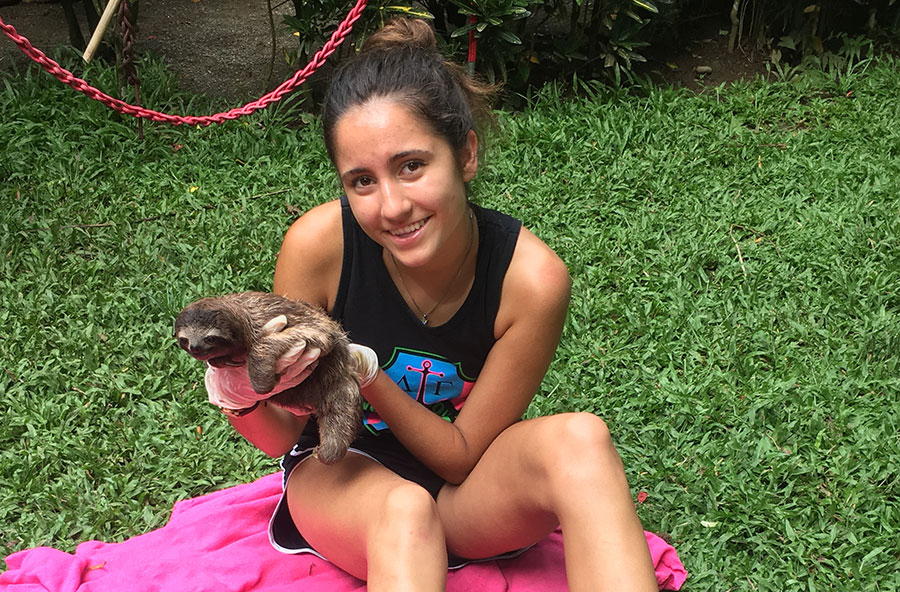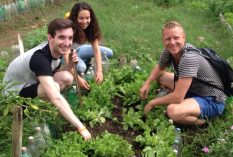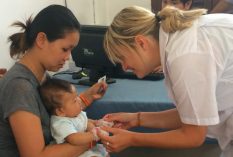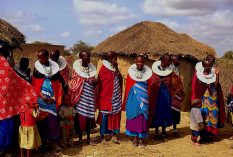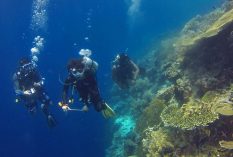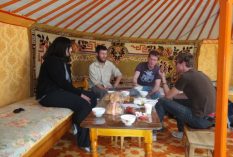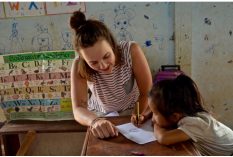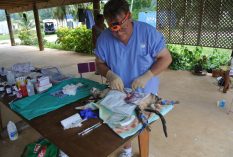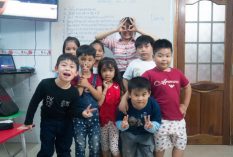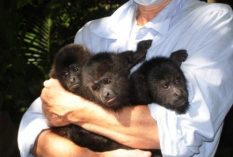“I am currently a student at Duke University, going into my second year. I am majoring in environmental sciences and hope to work closely with the environment and species that comprise it. I was researching online for an opportunity to volunteer over the summer in a place that I could work hands on with animals in their natural habitat. When I discovered the Primate and Sloth Reintroduction program through Global Nomadic, it was both flexible enough to fit my schedule and looked like a rewarding, eye opening, and worthwhile experience. Because I am studying wildlife conservation, I hope to work in close proximity to the animals and understand their niches and behaviors. Growing up in New York I never had the opportunity to be immersed in a natural animal habitat as complex and fascinating as the Costa Rican forest and was excited about this opportunity. In addition, the reintroduction part of the project also sounds extremely interesting, as we will be attempting to re-incorporate rescued and rehabilitated animals into their natural environment. I hope that the project will teach me how to care for such exotic creatures as toucans and sloths, as well as learn about their environment and how we can all contribute to preserving a safe environment for these beautiful animals.
I did all of my pre-departure planning myself and it was not too difficult. I just had to coordinate with the Jaguar Rescue Center to establish a start date so that I could book a flight and shuttle to Puerto Viejo. I was very happy to hear that there was a hostel next to and affiliated with the Center and I decided that would be the best place to stay. Because volunteers do not start until Monday, I stayed in a separate hotel in Puerto Viejo for two nights before moving into my current hostel, the Jaguar Inn. Luckily, I did not have to raise funds for my trip and volunteering, though I am looking for a summer job when I get back home after the project to help pay for travel expenses.
My first day at the project was relaxed, as it was an orientation day for all of the new volunteers. We were given a tour and made aware of how the Jaguar Rescue Center functions. We were shown all of the enclosures and animals as well as introduced to many of the volunteers. Although slightly intimidated by the fact that I was in a new country surrounded by unfamiliar faces, everyone was welcoming and the environment of the center was friendly and inviting. It is truly inspiring how much the staff and volunteers care about the animals and put their wellbeing and comfort in the forefront. Overall, the staff is extremely helpful and, as one of the managers of the center said during orientation, we are all expected to work together as a family, human and animal included. The hostel I am staying in, The Jaguar Inn, is very close to the center (the next building over) and is thus very convenient. The rooms are all new and the kitchen and common area is inviting and open, especially during the day with the sunlight streaming in. The only negatives are the mosquitoes that have made their way into the rooms and the slow internet speed, which is my only means of contacting others. I have already made some close friends of the volunteers at the shelter and we spend our days off and nights traveling to stores or into Puerto Viejo. Puerto Viejo itself is a lovely little town that I would definitely visit again.
Each day I do a variety of tasks. At the start of the day, the volunteers help clean the center and sanitize the enclosures so that animal’s habitats are well maintained and the center is welcoming to visitors. For the rest of the day, our tasks will be more specific and range from working in the sloth garden to caring for baby Howler and Capuchin monkeys to observing animals as they get accustomed to their new environment to helping do the laundry or wash dishes in the kitchen. For example, on my first day I was responsible for taking care of a baby three-toed sloth that had a skin fungus and making sure his newly washed coat would dry in the sun. One thing I find extremely interesting is how closely females work with the baby monkeys. Because most of the babies are orphaned and thus have no mother to take care of them, the female volunteers fill this maternal role. Monkeys are social creatures that need the warmth and support of another figure. Luckily, however, the monkeys do not get attached to humans and thus when they are sexually mature can be released into the wild. All of the tasks I am assigned to do have a purpose and are part of maintaining the stability and order of the rescue center. I am extremely excited for the rest of my time volunteering with the project and being in Costa Rica exploring the beaches and jungle.”
Primate and Sloth Rehabilitation project in Costa Rica

